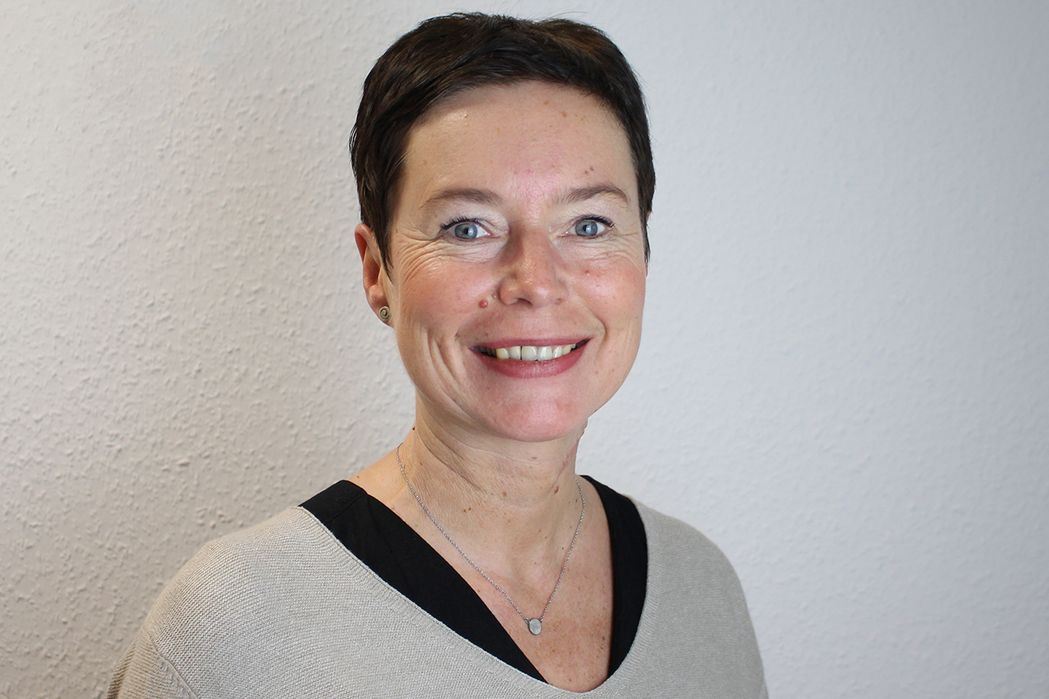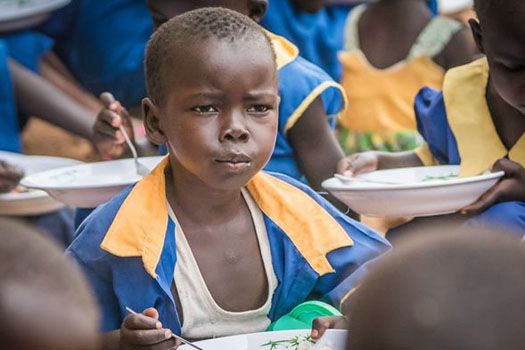Cologne/Juba. Ongoing conflicts, flooding and the effects of the COVID-19 pandemic have led to 6.35 million people in South Sudan being threatened by hunger. According to the UN, this means that more than 50 percent of the population will not have enough food. There is already acute famine in some parts of the country.
“It is an alarming situation to which we must respond quickly. Otherwise, 60 percent of the population will be threatened by hunger in just a few weeks,” says Roland Hansen, Head of the Africa Department of Malteser International.
Since there are several overlapping crises, the situation has worsened in recent months. The political situation is unstable and attacks by various groups repeatedly lead to the population being displaced. At the same time, floods have caused the destruction of crops. The COVID-19 pandemic has further worsened the situation for the people.
“School children have been particularly affected by the impact of the pandemic. Schools were closed for months. Since then, the children in the final grades have at least been allowed to attend classes again, but many girls have been married off in the meantime and have not returned to school. In our project areas, we immediately started to provide food for the children who are allowed to come back to school. For the smaller children, however, school closures mean that they have neither access to education nor a good meal - because school meals are often their only hot meal a day. All this has been falling away for months now,” says Hansen.
“To address this acute and worsening hunger crisis in South Sudan, we need to continue to scale up support - and we urgently need donations for this. Even the UN still has far too little money available to avert an impending catastrophe,” says Hansen. Among other things, Malteser International will distribute more seeds and agricultural equipment. In the areas affected by the floods, staff are already distributing toiletries and providing families with clean drinking water.
Note to editors:
Roland Hansen, Head of the Africa Department of Malteser International, is available for interviews.
Contact information:
Katharina Kiecol
katharina.kiecol(at)malteser-international.org
+49 (0) 221 9822-7181
We are urgently calling for donations to support our response.
DONATE NOW
Reference: Food crisis in Africa
Contact

Katharina Kiecol
+49-(0)221-9822-7181
Email: katharina.kiecol(at)malteser-international.org
Image rights
All pictures provided by Malteser International are free of charge and can be used for media coverage on Malteser International. Please mention "Malteser International" as image source. All image rights are held by Malteser International. This regulation does not apply to pictures marked otherwise.
For latest news, multimedia content and access to Malteser International experts, please subscribe to our distribution list.
Data Protection / Unsubscribing








